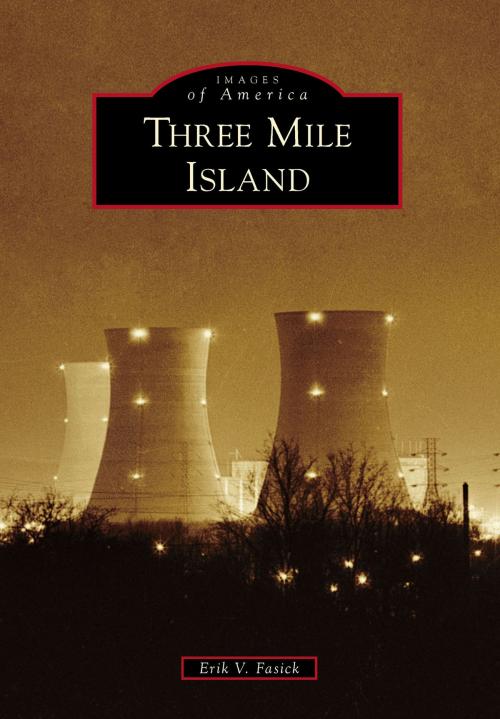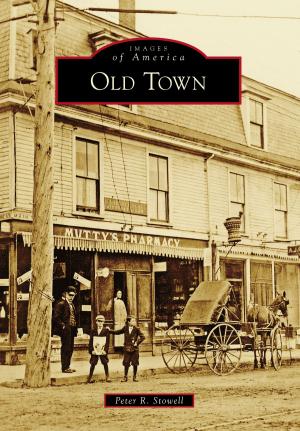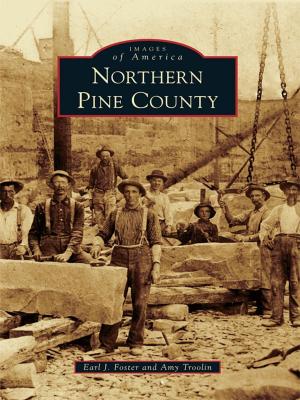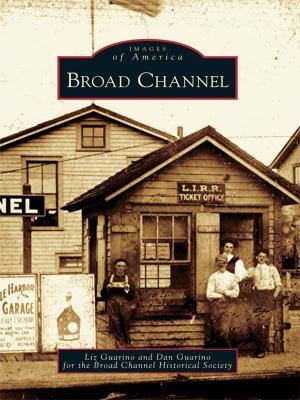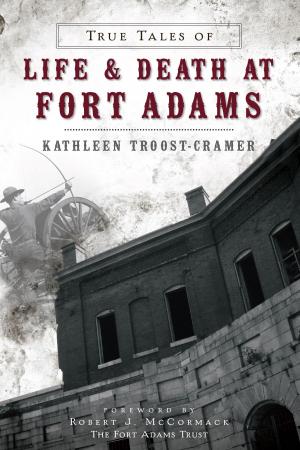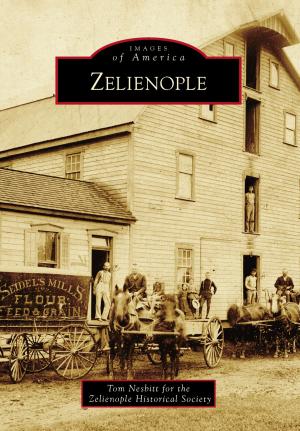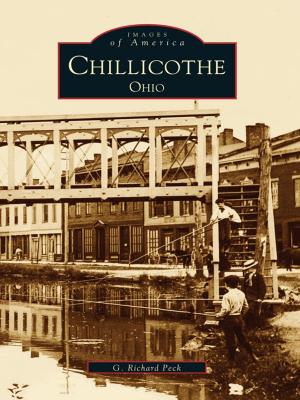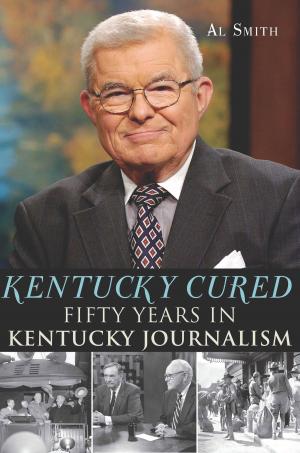Three Mile Island
Nonfiction, Science & Nature, Technology, Nuclear Energy, History, Americas, United States, Social & Cultural Studies, Social Science| Author: | Erik V. Fasick | ISBN: | 9781439666425 |
| Publisher: | Arcadia Publishing Inc. | Publication: | March 18, 2019 |
| Imprint: | Arcadia Publishing | Language: | English |
| Author: | Erik V. Fasick |
| ISBN: | 9781439666425 |
| Publisher: | Arcadia Publishing Inc. |
| Publication: | March 18, 2019 |
| Imprint: | Arcadia Publishing |
| Language: | English |
Construction of the Unit 1 reactor began on Three Mile Island in May 1968, with the production of commercial electricity beginning in 1974. Approval for the construction of the Unit 2 reactor was granted in November 1969, and it was only producing commercial electricity for less than 90 days when on March 28, 1979, a loud roar erupted from the nuclear power plant that shook windows and awakened residents in the communities on both sides of the Susquehanna River. This loud warning was the result of a series of mechanical and human errors that contributed towards a partial meltdown of the Unit 2 reactor and the most severe nuclear power accident in the history of the United States. In the days that followed, many residents of the surrounding communities left their homes and possessions out of fear of radioactive plumes, meltdowns, and exploding hydrogen bubbles. Those who remained behind faced anxiety and uncertainty, as information flowing from the power plant circumvented the truth and lacked credibility. As the Unit 2 reactor cooled, protests and court battles ensued as attempts were made to restart the power plant's dormant Unit 1 reactor. The Three Mile Island Nuclear Generating Station symbolized the fight over nuclear power as a safe and viable energy source in the late 20th century.
Construction of the Unit 1 reactor began on Three Mile Island in May 1968, with the production of commercial electricity beginning in 1974. Approval for the construction of the Unit 2 reactor was granted in November 1969, and it was only producing commercial electricity for less than 90 days when on March 28, 1979, a loud roar erupted from the nuclear power plant that shook windows and awakened residents in the communities on both sides of the Susquehanna River. This loud warning was the result of a series of mechanical and human errors that contributed towards a partial meltdown of the Unit 2 reactor and the most severe nuclear power accident in the history of the United States. In the days that followed, many residents of the surrounding communities left their homes and possessions out of fear of radioactive plumes, meltdowns, and exploding hydrogen bubbles. Those who remained behind faced anxiety and uncertainty, as information flowing from the power plant circumvented the truth and lacked credibility. As the Unit 2 reactor cooled, protests and court battles ensued as attempts were made to restart the power plant's dormant Unit 1 reactor. The Three Mile Island Nuclear Generating Station symbolized the fight over nuclear power as a safe and viable energy source in the late 20th century.
